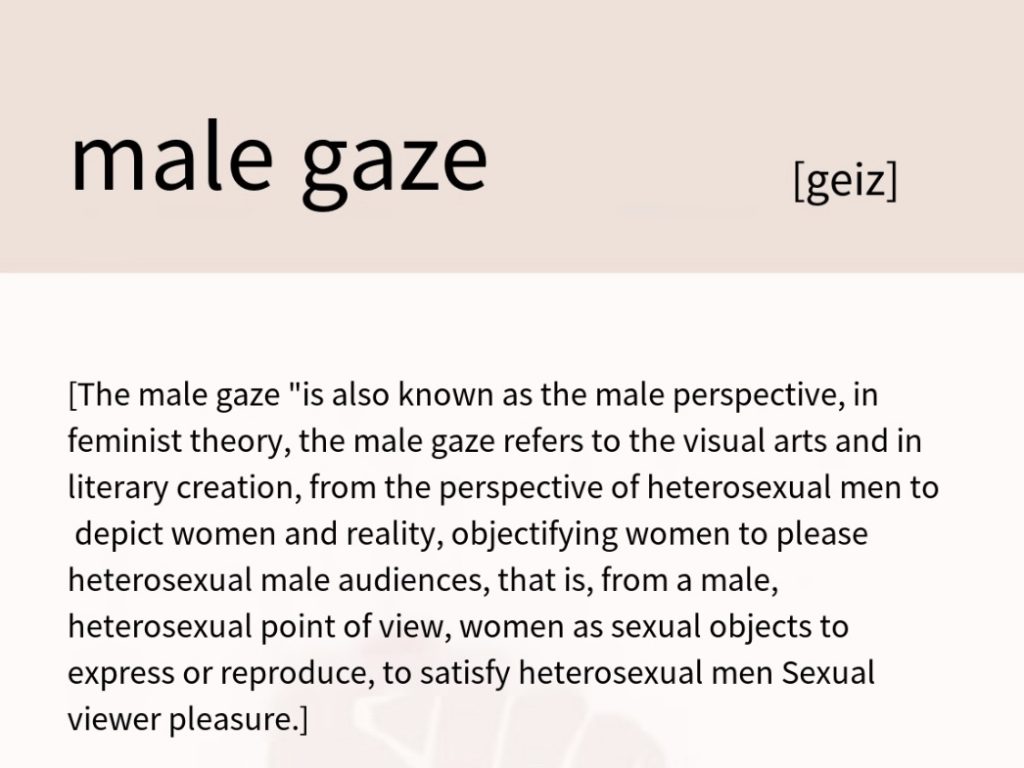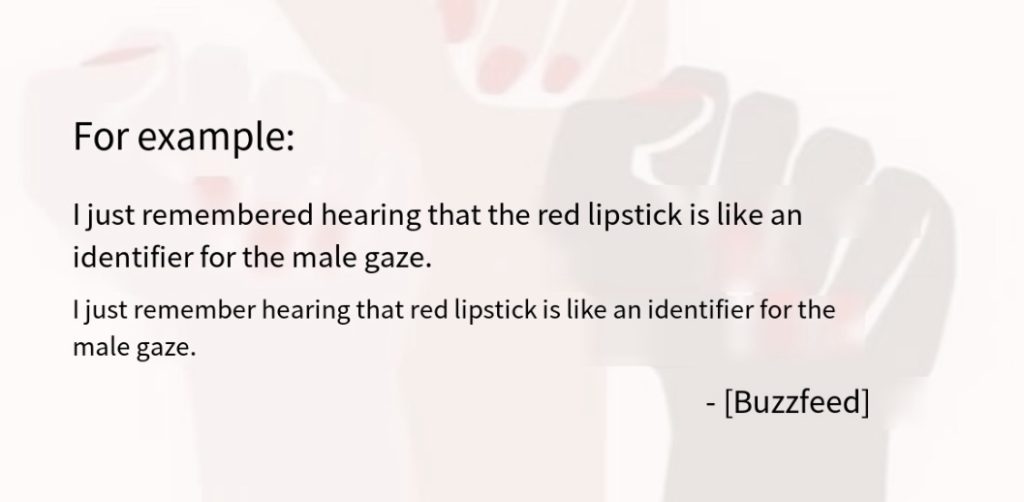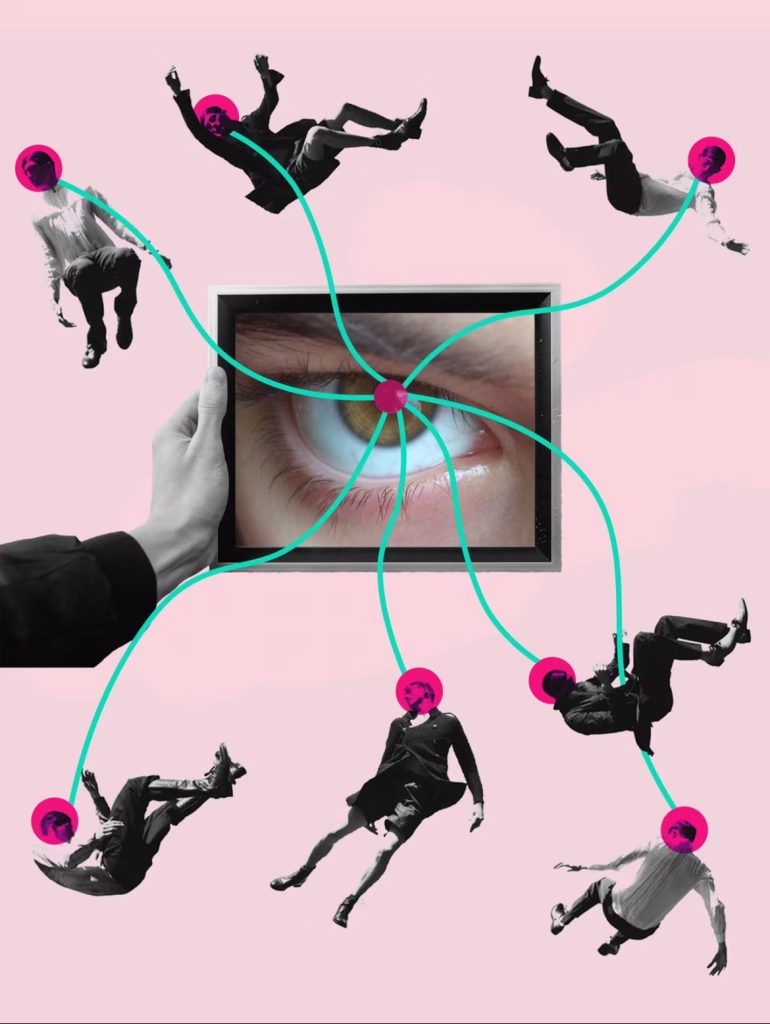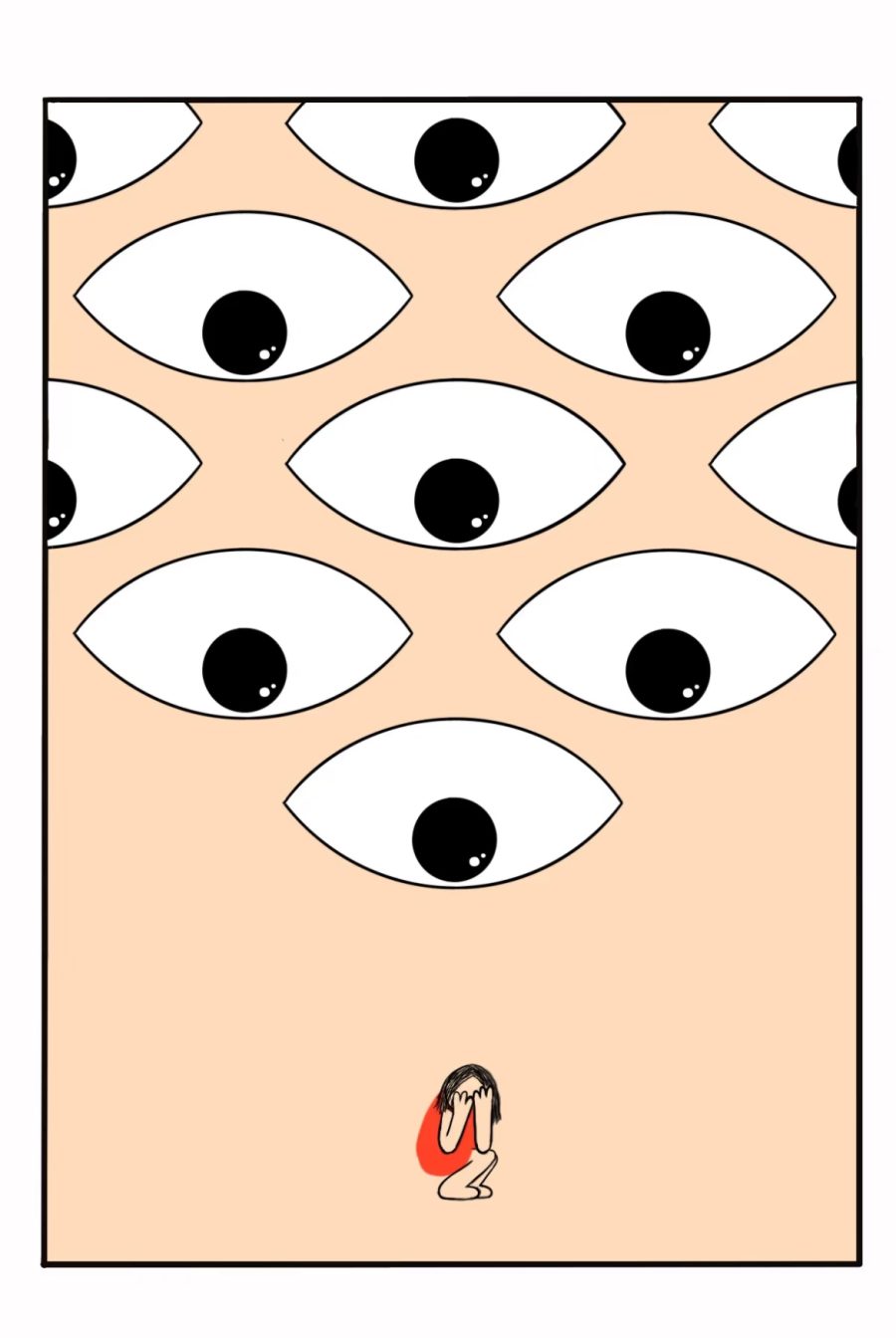
The rise of digital platforms has enabled women to assert control over their representation, fostering diverse identities and expanding opportunities for personal and professional growth. Farci et al.´╝ł2024´╝ëpoint out social media users tend to respond positively to the information and visuals of sexual descriptions, even though they are presented subjectively. Women are more likely to report negative sexual content on social media than on mainstream media.
This has created a bias against women among some users, especially some male users, who are increasingly demanding the quality of female videos. When these men become top leaders, they recruit more female anchors and imprison women in sexy “cages.” It also seems to create an irrational closed loop, with top male leaders portraying women as they like, while some male users stereotype women as they are supposed to be. Men always have coloured glasses for women on the internet, and it is this irrational “male gaze” that has caused a lot of bad effects on women.
Saifullah and Khalid (2024) mentions that women often use the “male gaze” as a mirror, and they often doubt themselves because of some male judgments, thus creating some image that caters to men, leading to their loss of self. This is especially the case on some on some media platforms, where men often take off the mask of their usual social camouflage, they seem to be allowed to engage in some inappropriate behaviour, and they can brazenly comment on every woman on the internet and send some sexually suggestive language.

On the other hand, Garcia (2021) mentions even the most independent and feminist women can find themselves enjoying the way men look at them, longing to be submissive objects in their partner’s arms, and preferring to take on domestic tasks, such as washing and cooking for a man and making some nice breakfast, rather than other more independent and accomplished activities. In fact, due to the low status of women for a long time, many women have been persecuted by the patriarchal ideology since birth.
Over time, some women’s thoughts are swallowed by men, due to the perceptions that they have received since childhood, they cannot understand women’s independent thoughts, take the initiative to safeguard male rights, and even become hostile to other women. The internet is more like the sea, where the uneven quality of different users is like a choppy tide engulfing women bit by bit. Whereas harassment is a widespread phenomenon on the Internet, but women are the most harassed.
Rubin et al. (2020) believes that men who see themselves as less masculine than the average man are more supportive of harassment. Moreover, men’s anxiety about performing their corresponding male duties has an impact on online gender harassment.

There is a memorable line in Portrait of a Woman on Fire:
“When you think you’re examining me, who do you think I’m examining?” Similarly, in the face of the male gaze, we also have the subject right of “reverse gaze”, which is not a simple copy of the male gaze, but a position from the perspective of women to criticize and examine the male gaze, so as to be able to clearly recognize and break the situation plagued by male objectification.
Professor Dai Jinhua once quoted director Huang Shuqin as saying, “A female film is like a building that is used to sitting in the south and north, and opens the Windows in the east and west direction.” Each window has a different scenery, not only the movie, but also in life should open the door of female perspective, free from the male gaze and the imprisonment of male power.
Only when women are spiritually free, can they master their own voice, let more people hear women’s voices, and let more people criticize unfair gaze.
In an episode of the blog After School, she said, “Women are not just women, they are a situation.” Many men, like women, suffer from the hardships, oppression and stares of a patriarchal society. Therefore, we should call on both sexes to reject the patriarchal ideology as they discard the garbage. Only by mastering autonomy can we get out of trouble and enjoy ourselves.
Reference
Farci., Manolo.; Scarcelli., Cosimo., Marco. (2024). Italian Sociological Review; VeronaVol. 14, Iss. 1, 93-113.
Garcia, M. (2021).┬áWe are not born submissive: How patriarchy shapes women’s lives. Princeton University Press.
Rubin, J. D., Blackwell, L., & Conley, T. D. (2020, April). Fragile masculinity: Men, gender, and online harassment. In Proceedings of the 2020 CHI conference on human factors in computing systems (pp. 1-14).
Saifullah, H., & Khalid, K. (2024). Male Gaze and the Female Self: A John Berger’s Study of God Help the Child by Toni Morrison. University of Chitral Journal of Linguistics and Literature, 8(I), 35-42.


Hi! I really like the point of your blog. You point out that men on the internet always have coloured glasses for women because of the irrational male gaze. Indeed, it seems like when a women posts their photo on social media always attracts men posting comments under their posts. And most of the comments always talking about the appearance of the women. In fact, they do not have the right to judge others’ appearance. In short, thank you for sharing your viewpoint. I fully agree with your point.